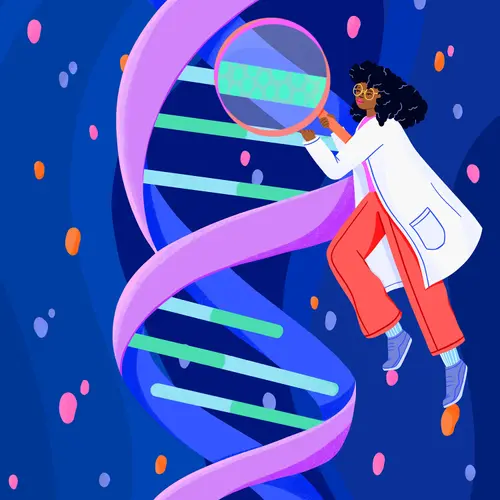If you drink heavily for weeks, months, or years, you may have unwanted physical and mental symptoms when you try to stop. That’s because alcohol misuse changes how the brain works. These symptoms, also known as withdrawal, can be mild or serious. Here’s what you need to know.
Mild Short-Term Symptoms
Withdrawal happens because your brain gets used to the depressive effects of alcohol. These chemical changes affect how your nerve cells talk to each other. Over time, the nervous system can get worked up when there’s no alcohol in your system. This gets worse the more you drink.
Short-term, or acute, withdrawal can start within just 6 hours of your last drink. Symptoms usually peak a day or 2 later and go away within a week. Some issues may last longer for some people. These include:
Physical problems. You may have some or all of the following:
- Upset stomach
- Low appetite
- Headache
- Weird heartbeats
- Sweating
- Shakiness (tremors)
Strong cravings. Your urge to drink may be so intense that you can’t think about anything else. Ask your doctor for help if you can’t ignore your desire for alcohol. Medication-assisted treatment (MAT) might be right for you.
Mood problems. It’s common to feel anxious or cranky. Your mood should get better within 3 to 6 weeks. Tell your doctor if it doesn’t. You may need treatment for long-term symptoms or an undiagnosed mental health condition.
Sleep issues. People with alcohol use disorder who quit drinking often have trouble sleeping. Tell your doctor if you can’t get enough rest. Cognitive behavioral therapy for insomnia (CBTi), medication, or a referral to a behavioral sleep specialist can help.
Hallucinations. Sometimes called alcoholic hallucinosis, these can show up within 12 to 24 hours after you quit. They’ll likely go away a day or 2 later. Tell your doctor if you see, hear, or feel things that aren’t there. It might not be a big deal. But it’s important to know if something more serious is going on.
Serious Short-Term Symptoms
Some people with alcohol use disorder are physically dependent on alcohol. That means serious medical problems can show up when you quit drinking. These include:
Withdrawal seizures. They’re more common in people older than 40 with a long history of alcohol misuse. Withdrawal seizures usually happen 12 to 48 hours after your last drink. But they could start sooner. Get help right away if you or a loved one has an alcohol-related seizure. Without treatment, you may form delirium tremens. That’s a medical emergency.
Delirium tremens (DT). These serious mental and physical symptoms usually show up 2 to 4 hours after your last drink. They can last for 1 to 5 days.
Your chances of getting DT are higher if you:
- Have misused alcohol for many years
- Have had previous alcohol withdrawal seizures or a history of DT
- Are older than 30
- Have another health condition
- Feel withdrawal symptoms even with high levels of alcohol in your blood
- Don’t get alcohol withdrawal until 2 days after your last drink
Get medical treatment right away if you or a loved one shows signs of DT. Here’s what that might look like:
- Hallucinations (not the same as alcoholic hallucinosis)
- Confusion
- Fast heart rate
- Quick breathing
- High blood pressure
- Low body temperature
- Agitation
- Lots of sweating
Long-Term Symptoms
You might not have any issues after your short-term withdrawal goes away. But sometimes uncomfortable symptoms stick around for months or years. This is called protracted withdrawal.
Experts aren’t sure why this happens to some people. They think it has something to do with how fast or slow your brain adapts during recovery. Other mental health conditions can also play a role.
Long-term withdrawal symptoms include:
- Anxiety or depression
- A quick temper
- Crankiness or an unstable mood
- Fatigue
- Insomnia
- Trouble concentrating
- Lack of pleasure from nondrug things
- Body pain for no reason
How to Get Help
Lots of people with alcohol use disorder need professional help to quit drinking. Talk to your doctor about what treatments make sense for you. Bring up any worries you have about withdrawal symptoms. They’ll let you know what to expect and how to recover safely. But you’ll need to be honest about how much you drink and how often.
Everyone’s treatment is different. Here are some things your doctor might suggest:
- Medication to curb cravings
- Exercise or other healthy lifestyle changes
- Cognitive behavior therapy (CBT)
- Group or one-one-one support
- In-hospital care
You can also use the National Institute on Alcohol Abuse and Alcoholism’s Alcohol Treatment Navigator to search for a substance use treatment center near you.

